Essential Safety Protocols for Drone Pilots
Drones have become increasingly prevalent in recent years, raising concerns about privacy and property rights. As these unmanned aerial vehicles soar through the skies, some individuals have taken matters into their own hands, attempting to shoot at your drone they perceive as trespassing. However, such actions are not only dangerous but also illegal under federal law.
The growing popularity of drones has led to a rise in incidents involving property owners attempting to disable or destroy these flying devices. Despite concerns about privacy violations, it is crucial to understand that taking aggressive action against drones is not a Legal solution.
Drone pilots facing such situations must be aware of their rights and the appropriate steps to take when their aircraft are targeted.
Key Takeaways
- Shooting a drone or disabling drones is illegal, even over private property.
- Drone pilots should report incidents to law enforcement and aviation authorities, such as the Federal Aviation Administration (FAA).
- Proper Education and communication can help prevent conflicts between drone operators and property owners.
Legal Considerations for Drone Flight Over Private Property
Drones have raised concerns about privacy and property rights. As these unmanned aerial vehicles soar through the skies, some individuals have taken matters into their own hands, shooting down drones they perceive as trespassing. However, such actions are not only dangerous but it is illegal to shoot down a drone under federal law.
READ MORE: FLORIDA MAN FACES 10 YEARS FOR SHOOTING DOWN SHERIFF’S DRONE
The growing popularity of drones has led to a rise in incidents involving property owners attempting to disable or destroy these flying devices. Despite concerns about privacy violations, it is crucial to understand that taking aggressive action against drones is not a legal solution.
Drone pilots facing such situations must be aware of their rights and the appropriate steps to take when their aircraft are targeted.

Navigating the Airspace: Property Rights and Drone Operations
The legal landscape surrounding drone flight over private property is complex and evolving. The Federal Aviation Administration (FAA) maintains jurisdiction over all navigable airspace in the United States, which begins immediately above ground level. This federal authority supersedes any claims property owners might make about restricting airspace above their land.
Managed by the FAA, the National Airspace System (NAS) is one of the most complex aviation systems globally, facilitating air travel in the U.S. and over large portions of the world’s oceans.
Despite the FAA’s clear stance, state and local governments have enacted various laws addressing privacy concerns related to drone operations. These regulations often attempt to limit low-altitude flights over private property, with some jurisdictions setting specific height restrictions.
For example, certain areas prohibit drone flight below 250 feet over private land without explicit permission.
READ MORE: KANSAS MAN SHOT AFTER FIRING AT OFFICERS AND POLICE DRONE
The clash between federal and local regulations creates a legal gray area. While property owners cannot unilaterally ban drones from flying over their land, they may have grounds for complaint if a recreational or commercial drone operator:
- Violates privacy laws
- Engages in voyeurism or unwanted surveillance
- Creates a nuisance through persistent or disruptive flights
Drone pilots must navigate this complex regulatory environment by:
- Following all FAA rules and registration requirements
- Respecting privacy concerns
- Being aware of local drone laws
- Using cameras responsibly
- Avoiding reckless or intrusive flight patterns
As drone technology advances, laws will likely continue to evolve. Operators should stay informed about both federal guidelines and local restrictions to ensure legal compliance and respect for privacy.
While the FAA maintains primary control over airspace, future regulations may better address the balance between drone operations and property rights.
READ MORE: MAN HIT WITH TWO FELONY CHARGES AFTER SHOOTING DOWN A DRONE IN MINNESOTA
Legal Consequences of Targeting Drones
Firing weapons at drones carries serious legal repercussions. The act is classified as a federal offense and may also result in state or local charges, including criminal mischief. Drones, whether used for commercial or recreational purposes, are legally recognized as aircraft. This classification extends robust legal protections to these unmanned aerial vehicles.
The destruction of a drone falls under the purview of aircraft sabotage laws. Perpetrators may face:
- Substantial fines
- Imprisonment
- Civil liabilities
The argument of self-defense against drones is often weak, as no federal statutes define drone flights over private property as trespassing. Additionally, laws prohibit the weaponization of drones, further complicating self-defense claims.
Firing weapons at drones carries significant legal consequences due to federal laws and regulations. Under Title 18 of the United States Code 32, it is illegal to shoot down any aircraft in the U.S., including drones.
The Federal Aviation Administration (FAA) classifies drones as “aircraft,” regardless of their size, bringing them under the protection of this law. Violating this statute can result in severe penalties, including up to 20 years in prison.
READ MORE: FLORIDA MAN ARRESTED FOR SHOOTING DOWN WALMART DELIVERY DRONE
The federal criminal statute 18 U.S.C. § 32 specifically makes it a felony to willfully damage or destroy aircraft. It’s important to note that even if state laws permit shooting down drones in certain circumstances, these would still conflict with overriding federal laws.
Furthermore, any interference with drone operations, such as jamming signals, could violate federal laws against interfering with aircraft. The combination of the FAA’s classification of drones as aircraft and the stringent protections provided by 18 U.S.C. § 32 make shooting at drones a serious federal offense.
Local regulations may also come into play, penalizing reckless weapon discharge. This applies even when drones pose no immediate threat to individuals or property. Moreover, drones are considered private property, and their destruction can lead to civil lawsuits.
It’s important to note that interfering with drone operations through signal jamming or spoofing is also illegal under federal law. These actions can result in:
| Action | Legal Consequence |
|---|---|
| Shooting | Federal crime |
| Jamming | Federal offense |
| Spoofing | Federal violation |
The legal framework heavily favors drone operators in cases of intentional downing or interference. This stance aims to protect legitimate drone usage while addressing concerns about privacy violations, voyeurism, and potential spying activities through proper legal channels rather than individual action.
Responding to Drone Attacks
Contacting the Authorities
When a drone comes under fire, the initial step is to alert local law enforcement. This action is crucial, as discharging a firearm without justifiable cause is typically illegal.
Key actions:
- Call the police immediately
- Provide detailed account of the event
- Request an official report
Notifying Aviation Regulators
After contacting local Police or law enforcement agency, inform the nearest FAA Flight Standards Office. As drones fall under aviation regulations, the FAA plays a vital role in addressing such incidents.
The FAA offers:
- Expertise in drone-related laws
- Support through the Legal Enforcement Assistance Program (LEAP)
- Guidance for law enforcement unfamiliar with aviation regulations
Informing Insurance Providers
If the drone sustains damage, notify your insurance company promptly. This step is essential for potential repairs or replacement claims.
Insurance benefits:
- Coverage for drone repairs or replacement
- Possible assistance with legal proceedings
- Professional advice on claim processes
When dealing with drone attacks, remain calm and avoid direct confrontation. Gather evidence such as photos, videos, or witness statements if possible. This information can be valuable for law enforcement, the FAA, and insurance claims.
READ MORE: DJI M300 INSPECTION DRONE SHOT AT AND DAMAGED
Documenting all aspects of the incident is crucial. Keep records of:
- Date and time of the event
- Location details
- Any communication with the shooter
- Damage assessment
- Witness information
In cases of significant property damage or personal injury, consulting with an attorney specializing in aviation law may be advisable. They can provide guidance on potential legal actions and ensure your rights as a drone operator are protected.
Protecting Your Drone from Aggressive Behavior
Know Your Local Regulations
Familiarize yourself with local drone laws. Many areas restrict flying over public spaces like parks. Understand regional definitions of drone trespassing, even if they conflict with FAA rules. Stay informed about evolving regulations to avoid legal issues.
Communicate with Area Residents
For frequent flyers operating from home, engage with neighbors. Explain your drone activities and address any worries they may have. Open dialogue can ease tensions and prevent misunderstandings, even if your flights are legally compliant.
Respect Privacy Boundaries
Refrain from prolonged hovering above private properties. While brief flyovers may be legal, extended presence can cause unease. If hovering is necessary, seek permission from property owners to alleviate concerns and maintain good relations.
READ MORE: MANHUNT IN SHASTA COUNTY: ARMED SUSPECT ESCAPES AFTER SHOOTING DOWN LAW ENFORCEMENT DRONE
Connect with Fellow Enthusiasts
Participate in local drone communities. These groups offer valuable insights on safe flying locations and keep members updated on regulations. In case of conflicts, fellow pilots can provide guidance and may have connections to FAA representatives.
- Benefits of joining drone groups:
- Access to local knowledge
- Updates on area-specific rules
- Support during incidents
- Networking with experienced pilots
Protecting Your Drone and Legal Rights
Drone pilots face ongoing risks of their aircraft being targeted by gunfire. While unfortunate, this issue persists and may continue in the future. Proactive measures can help prevent such incidents. De-escalation techniques are valuable when confronted by upset individuals on the ground.
The law generally supports drone operators in these situations. Federal regulations typically prohibit shooting down unmanned aircraft. Pilots who experience attacks should:
- Contact local police immediately
- File a report with the FAA Flight Standards Office
- Document evidence thoroughly
- Consider legal action if appropriate
Staying informed about regulations and maintaining situational awareness enhances safety. With proper precautions, drone pilots can mitigate risks and protect their equipment.
FAA’s Remote ID: Balancing Safety Regulations with Operator Vulnerability
The current implementation of Remote ID for drones, while intended to enhance safety and security, may inadvertently create risks for drone operators. By requiring the broadcast of the control station or takeoff location, including precise coordinates, Remote ID potentially compromises operator privacy and safety.
This is particularly concerning in remote areas where operators might be more vulnerable. Although the broadcast is not intended for public access, the possibility that anyone with proper equipment could intercept this information raises concerns about targeted attacks or exploitation by malicious actors.
READ MORE: REMOTE ID POSES A DANGER TO LEGAL DRONE OPERATIONS, SAY PILOTS
The FAA is aware of these issues and is working on solutions, such as the future implementation of a “Session ID” option and the current alternative of using Remote ID broadcast modules. These measures aim to provide more privacy by broadcasting less specific location data or using unique identifiers traceable only by law enforcement.
However, until these solutions are fully implemented, the potential risks associated with broadcasting operator locations remain a concern for many in the drone community, potentially discouraging some legitimate drone operations and creating a chilling effect on the industry.
Common Questions About Drone Shootdowns
Legal Consequences of Firing at Unmanned Aircraft
Shooting down a drone is illegal under federal law. The FAA classifies drones as aircraft, so damaging one can result in severe penalties including fines and potential jail time. Perpetrators may face charges of destruction of property, reckless endangerment, and violation of aviation laws.
Actions to Take After a Drone is Shot Down
Drone operators whose aircraft is shot down should:
- Document the incident with photos/video if possible
- File a police report
- Contact the FAA to report the occurrence
- Gather witness statements if available
- Preserve any physical evidence
- Consult with an attorney about legal options
Handling Drone Targeting on Private Land
If a drone is being targeted while flying over private property, operators should:
- Land the drone immediately if safe to do so
- Leave the area calmly without confrontation
- Report the incident to local law enforcement
- Review flight logs and footage to document the event
- Avoid flying in that location again without permission
FAA Stance on Attacks Against Drones
The FAA considers drones as aircraft under federal regulations. Shooting at or interfering with the operation of a drone is treated as seriously as attacking a manned aircraft. The agency emphasizes that such actions are federal crimes with significant legal repercussions.
State-Level Regulations on Drone Interference
Federal law prohibits Shooting Drones. However, some states have enacted additional legislation.
These laws may address privacy concerns, restrict drone usage in certain areas, or outline specific penalties for interfering with drones. Operators should familiarize themselves with local regulations in areas where they fly.
Safeguarding Privacy from Perceived Drone Spying
If someone believes a drone is invading their privacy, they should:
- Document the drone’s presence and behavior
- Contact local law enforcement to report concerns
- Speak calmly with the operator if visible and safe to do so
- Research local drone regulations and privacy laws
- Consider installing privacy screens or window coverings
- Never attempt to disable or shoot down the drone
Discover more from DroneXL
Subscribe to get the latest posts sent to your email.
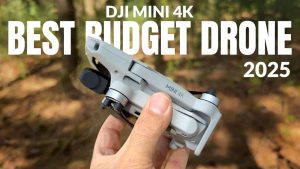
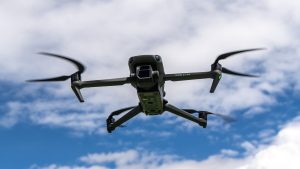
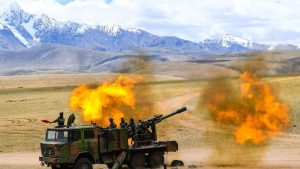
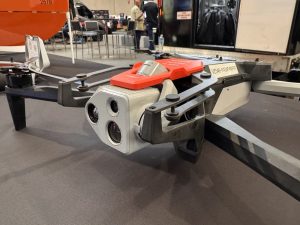
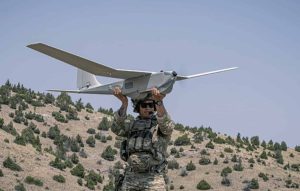


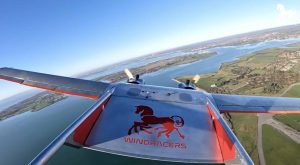
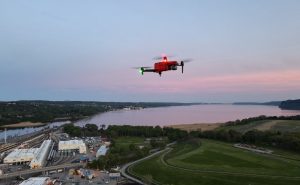
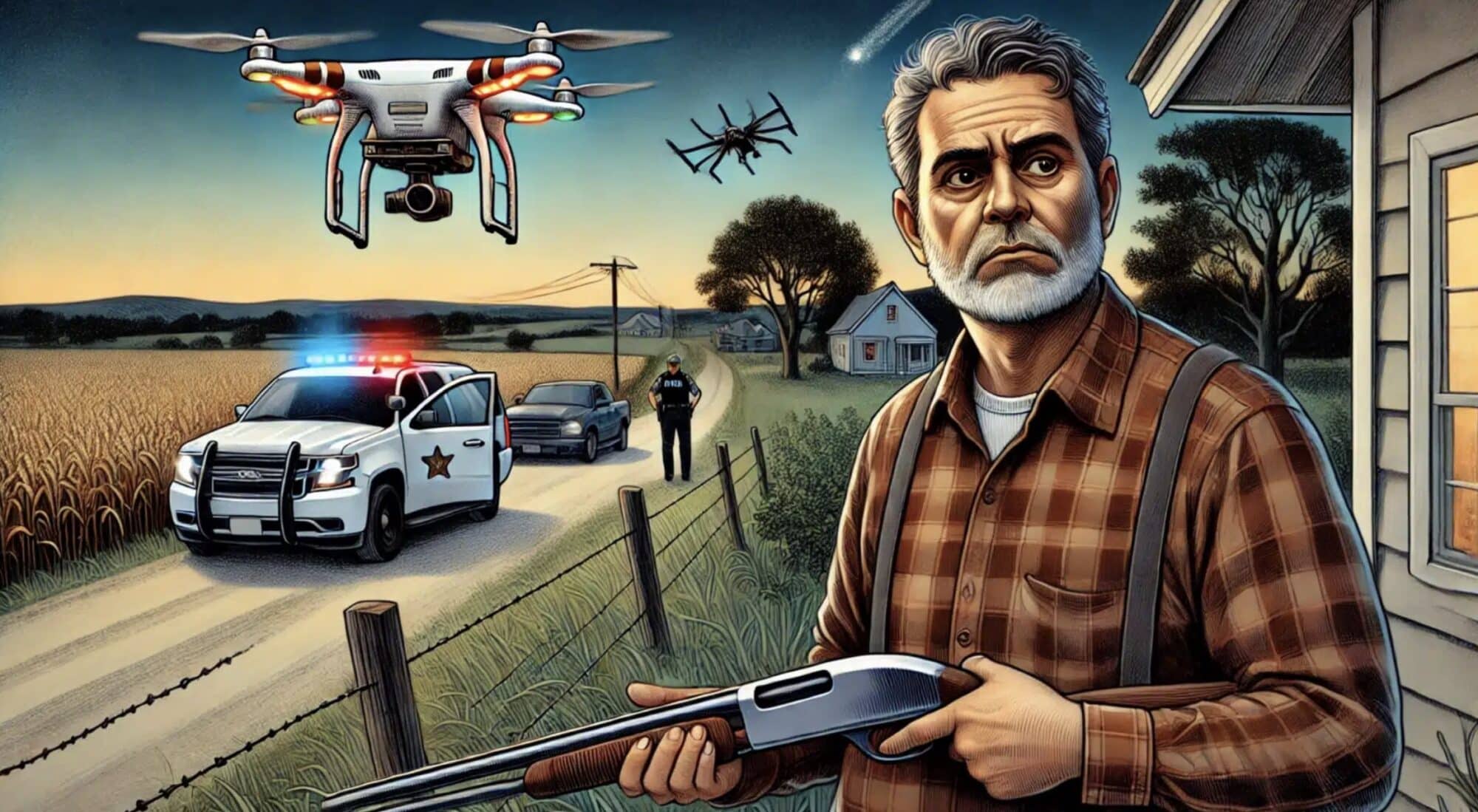

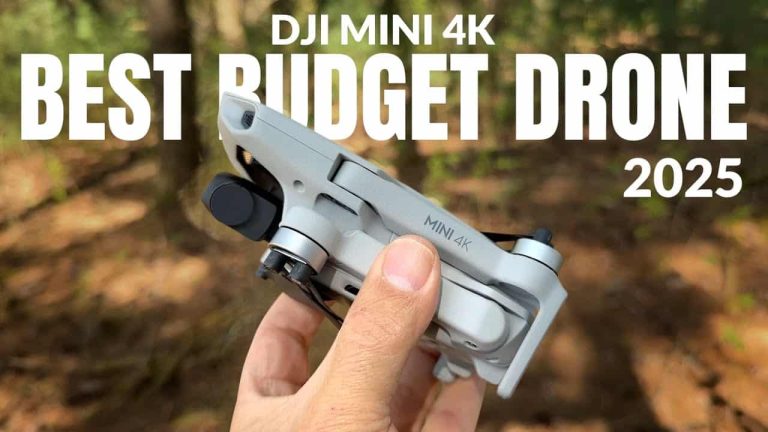
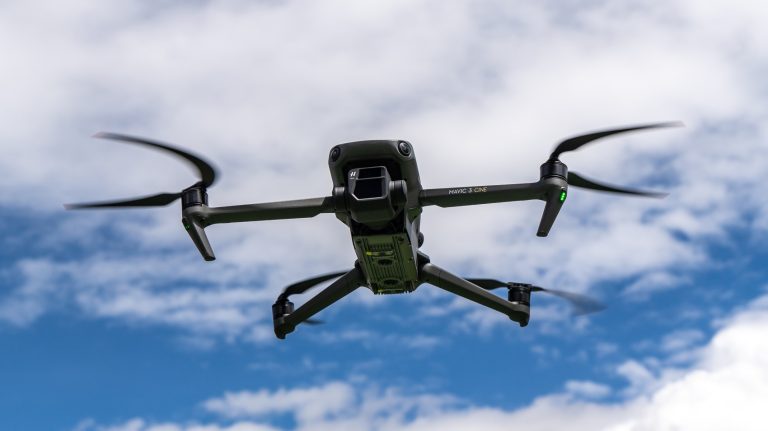
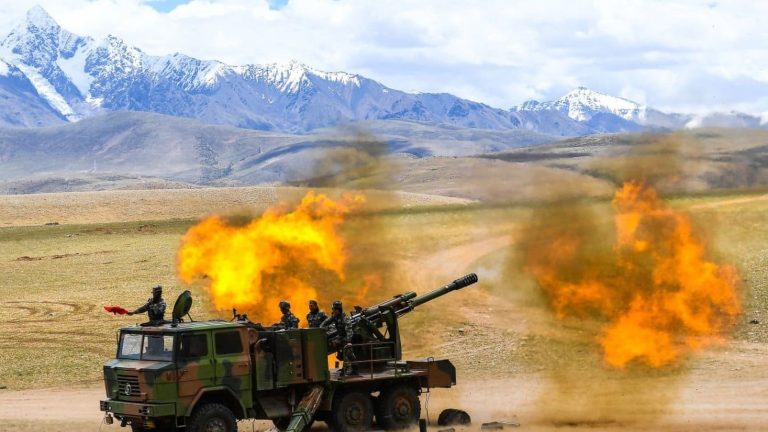
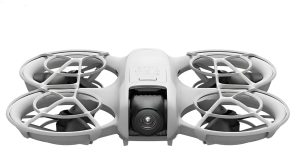
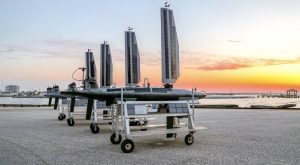
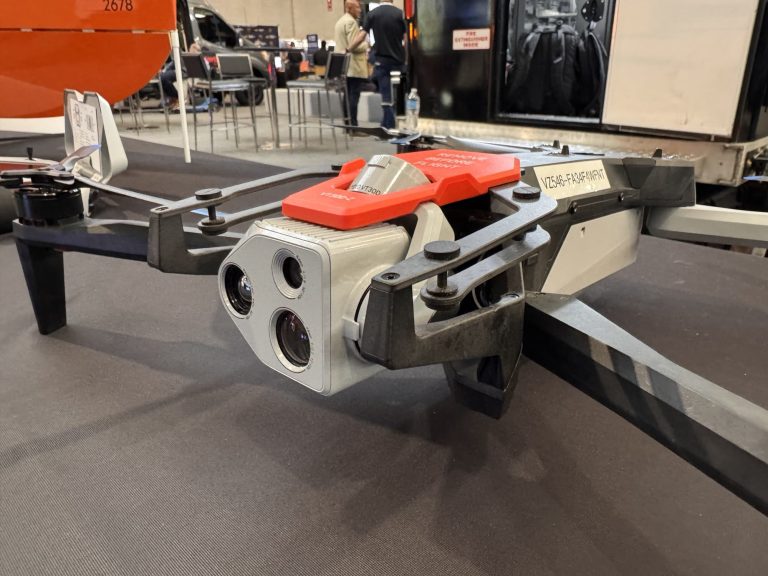
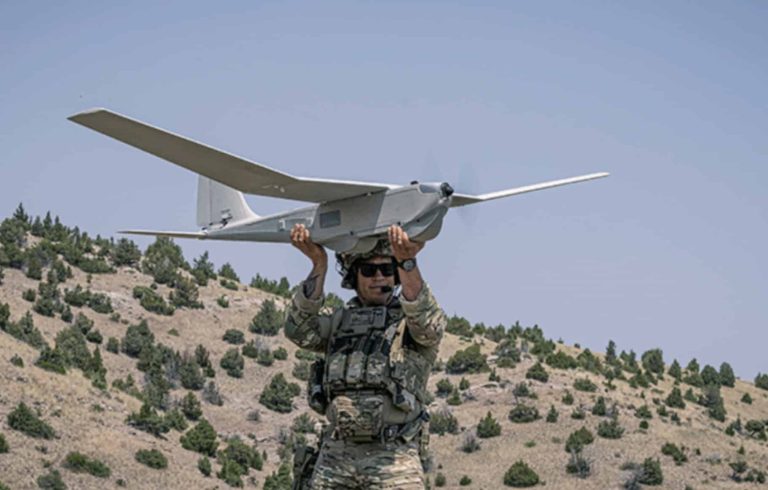

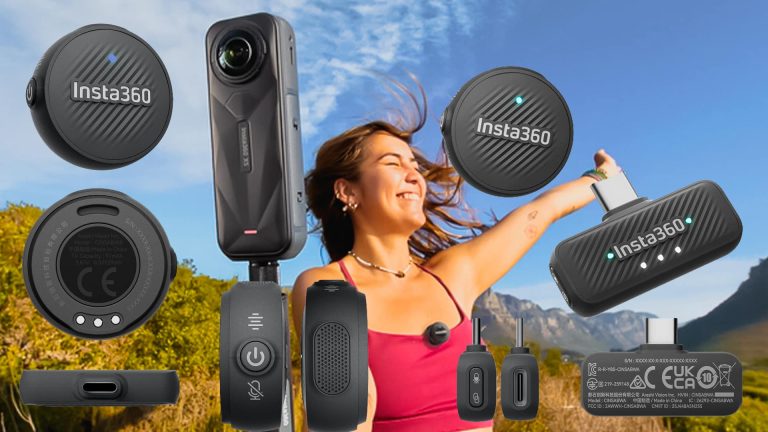
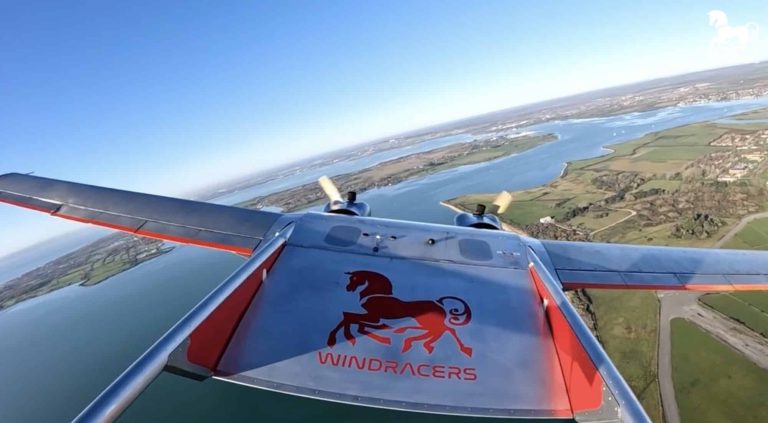
+ There are no comments
Add yours